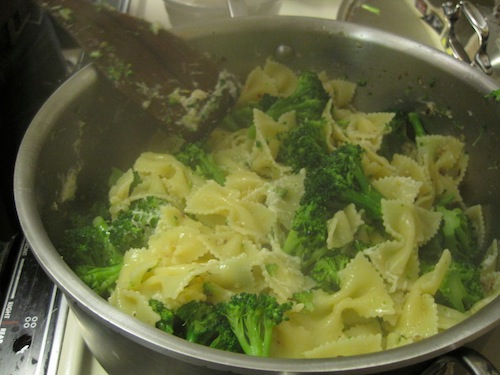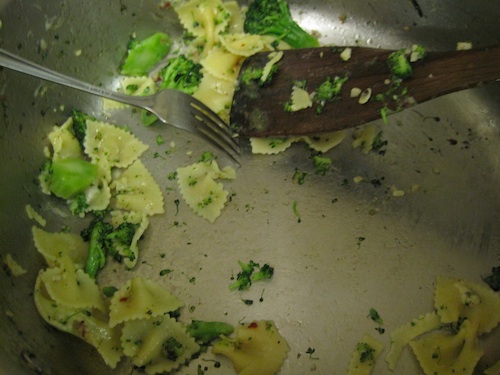This is the story of how they up and ran away. At first they thought they were running away from their past, and then it occurred to them, somewhere in flight, that perhaps they were running away from the future, which seemed more complicated. So they hid behind a big, romping rosebush to get their thoughts together. “Where do you run when you’re running away from the future?” they asked each other. Paradoxically enough, the answer seemed to be “space.” So they build a rocket out of cardboard boxes and wooden pallets and some branches lent by the rosebush and duct tape, of course, and they picked up a sad-looking pigeon who they thought might need company, and they flew off into space, where it was very cold.
They parked on an asteroid, and sat and looked at the stars and all the other asteroids, and ate some sandwiches (of course they had sandwiches. Would you go to space without sandwiches?) and talked it out. And although they were assuredly afraid of societal stagnation, especially as illustrated by the unending political gridlock that had become the bane of the bipartisan system, and also afraid of the earth’s dwindling resources and humanity’s general inability to get its consumerist economic habits under any sort of control, they weren’t sure that building a rocket and going to space had solved that issue. Not for the earth, certainly, but they found that even sitting on an asteroid looking down at the deceptively pristine globe, they were still afraid, for the planet and the people on it. They still apparently cared. And so it seemed they must not have been running away from the future.
What, then, was the purpose of their flight? Had they been running to, rather than running from? They discussed it, but neither had had dreams of being an astronaut, so it didn’t seem like they had had space lurking in their minds at the outset. Having gotten away from so many things, and still feeling that their running away was not what you might call a success, they were forced to accept a somewhat unpalatable truth.
They must have been running away from each other.
Once they finally said it, they found it to be a relief.
So they climbed back into their rocket ship, and wandered a little until they found a nice-enough planet (rather, a large-ish asteroid) and she set him down and waved goodbye and continued wandering until she found a similarly sized asteroid – perhaps, a little smaller, but with a lovely billabong that suited her fancy, and landed the rocket ship there.
She found some seeds in the branches the rosebush had lent, and grew a rose garden in the abundant sunlight with billabong-water. He built cairns and towers out of rocks, and spent a lot of time looking at the stars, which he found very calming. They wrote each other letters, which the pigeon (who had perked up considerably) agreed to ferry back and forth for them, although it had to rest for quite a while, and be petted and made a bit of a fuss over after each trip.
They each found reading the other’s letters an unfettered joy. They composed them carefully, with thought and precision and love.
They loved each other, of course, after all. Just like they loved the earth.
All they needed was a little bit of distance.


